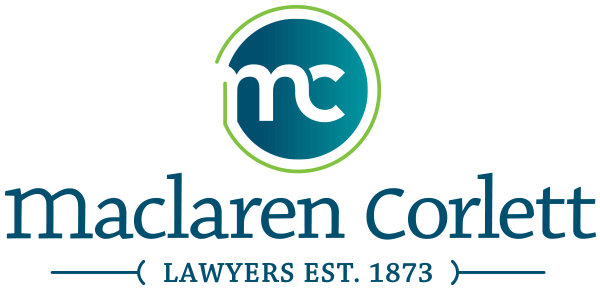Misleading Advertising…Misleading Complaints About Advertising
Virtually everyone thinks of misleading advertising as originating only with a manufacturer or seller of a product and designed to deceive the public into buying their wares. However, I have a more expansive view.
A company has to comply with numerous pieces of consumer protection legislation at both the federal and provincial level and, if it is a regulated product, will also have to comply with the specific legislation governing that product or category of products. Claims must be true and verifiable, may have to be backed up by clinical or other scientific testing and will always be subject to the utmost scrutiny. Failure to substantiate claims may result in class action law suits, criminal or civil prosecution or the imposition of significant administrative penalties or fines.
Contrary to the strict burden on companies, critics seem to have carte blanche to make unsubstantiated claims, semi-substantiated claims or claims which are based upon “scientific” results achieved through the use of questionable testing methods. Irrespective of the fact that these latter studies may be subject to scientific and academic criticism or ridicule, they seem to survive in perpetuity and regularly rise from the ashes like a phoenix.
Without taking a position on the matter one way or the other because I have not seen the research upon which either side relies, it is interesting to discover that Subway has recently issued a Notice of Action against the Canadian Broadcasting Corporation for $210,000,000.00 in damages over allegations made by the CBC about the amount or quality of chicken in the Subway sandwich product which statements, Subway alleges, are defamatory and absolutely false.
Is this the tip of an iceberg where “investigative” reporting is being called to account? Will these challenges also extend to special interest organizations who disparage, products relying only or mostly on what is known as “junk science”? One can only hope!
I have never understood why there is such a high standard of scientific testing and proof required before a company is permitted to make certain claims, but there is no standard whatsoever required of those who criticize a product based upon little to no quality research, and cause panic or concern among consumers. The following excerpts are taken from Advertising Standards Canada website and recite certain definitions from the Canadian Code of Advertising Standards (italicize):
“Advertiser” is defined as an “entity” that has, or shares with one or more other entities, the final authority over the content of an advertisement.
“Advertising” and “advertisement(s)” are defined as any message (other than those excluded from the application of this Code), the content of which message is controlled directly or indirectly by the advertiser expressed in any language and communicated in any medium (except those listed under Exclusions) to Canadians with the intent to influence their choice, opinion or behaviour.
“Advertising” also includes “advocacy advertising”, “government advertising”, “political advertising”, and “election advertising”, as defined below.
“Advocacy advertising” is defined as “advertising” which presents information or a point-of-view bearing on a publicly recognized controversial issue.
These definitions in the Code are certainly general enough to include those who undertake campaigns against a company’s products, based upon little to no substantive evidence.
The Competition Bureau, and provincial authorities overseeing the administration of consumer protection legislation, tend to take the position that companies are big enough to look after themselves. If a company tries to do so, there is often an outcry of abuse and allegations of a David and Goliath type of battle being undertaken. Surely consumer protection legislation should be designed to protect the consumer not only from false and misleading statements by the manufacturer or seller of a product that they may consume or want to consume, but also from false and misleading claims made by so-called “expert” critics of that product. Is there not enough real pressure on individuals resulting from world events without injecting fear or what may be happening to them in the solitude of their own home when they use or consume products considered by scientists and our government to be safe?
As I said at the beginning, I have no idea whether Subway will be successful or whether they or CBC are the ones whose claims are truthful, but I do applaud Subway’s actions in calling critics to account and in making them justify the scientific basis upon which they made their allegations. May they be a beacon to others!



